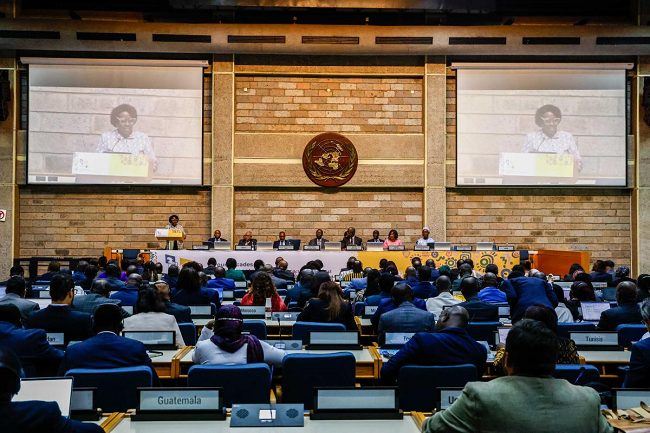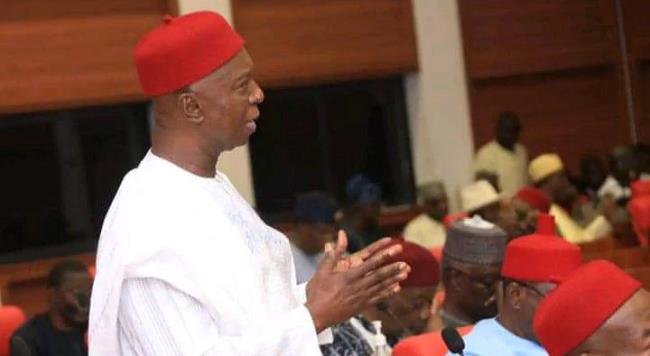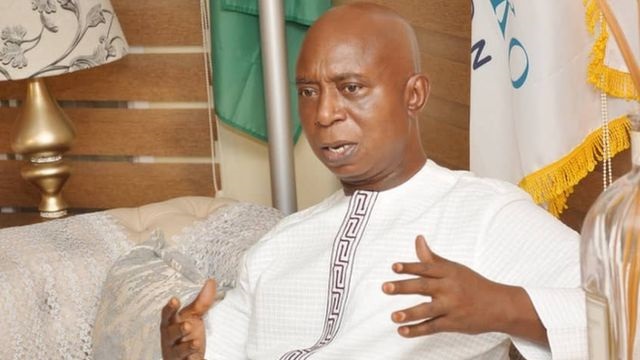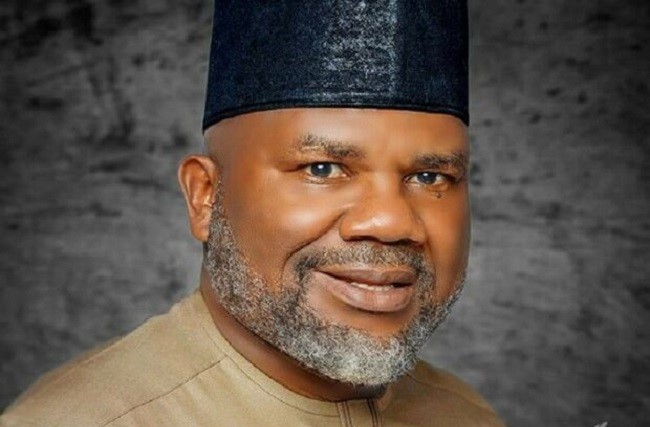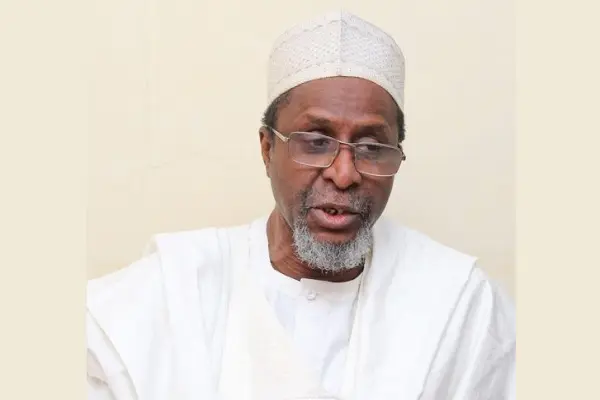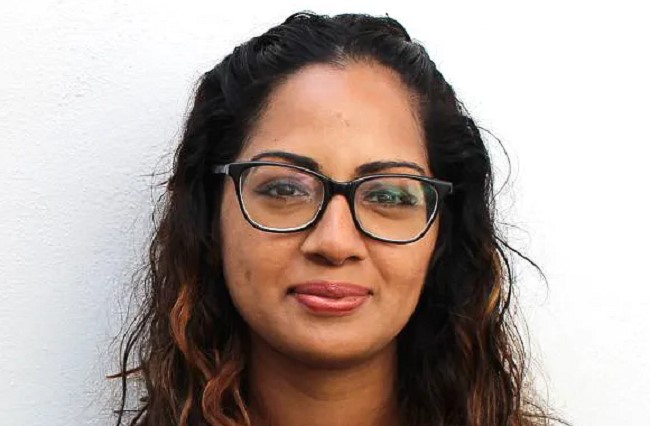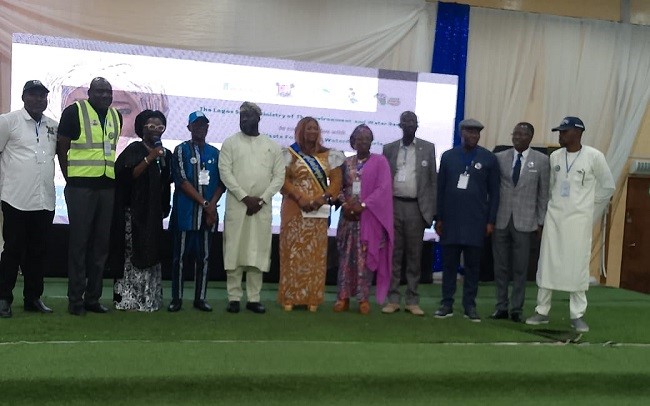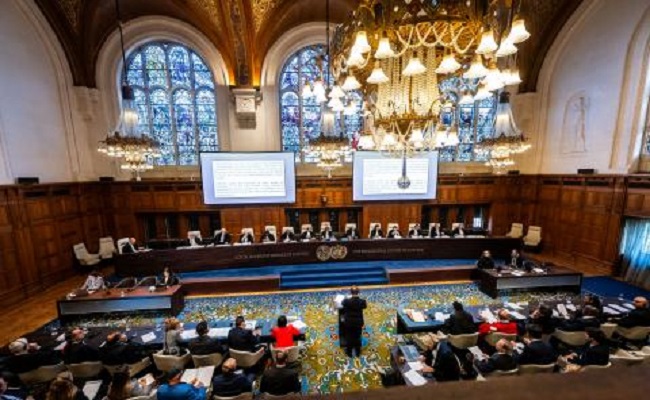President Bola Tinubu on Friday, July 25, 2025, appealed to power generation companies (GENCOs) to give the federal Government more time to complete the verification and validation of longstanding debts owed to them.

During a meeting with members of the Association of Power Generation Companies, led by Col. Sani Bello (rtd), at the Presidential Villa in Abuja, the President assured them of his administration’s commitment to resolving the liquidity challenges in the power sector.
The Special Adviser to the President on Energy, Mrs. Olu Verheijen, disclosed that a ₦4 trillion bond programme has received anticipatory approval from President Tinubu to address the liquidity shortfall in the sector.
President Tinubu acknowledged the historic liabilities inherited from previous administrations and pledged transparency and fairness in addressing them:
“I accept the assets and liabilities of my predecessors, and there is no question about that. But that acceptance must be on credible grounds. I need to wear the audit cap of verifiability, authenticity, and the fact that this inheritance is not a mere deodorant but a support structure for critical economic and industrial promotion.”
The President emphasised the need for patience from GENCOs and financial institutions, noting that government agencies are actively engaging audit and legal firms to scrutinise the claims.
“We are here. So market it to your other colleagues. Give us time to do verification and validation of the numbers,” he said.
While reaffirming his belief in a market-driven electricity sector, the President said the industry’s long-neglected legacy issues are now receiving the attention they deserve.
“This is a longstanding issue that is now being dealt with. I know how much we have been able to save on fuel subsidies. We introduced the alternative, CNG, to bring relief back to the people.”
President Tinubu also emphasised the government’s commitment to creating a stable investment environment and avoiding extreme measures, such as bank asset foreclosures, against the generation companies.
“To our friends in the banking sector, I ask that we avoid foreclosures. Sharpen your pencils, but keep an eraser handy. Let’s persevere together.”
Describing electricity as “the most important discovery of humanity in the last 1,000 years,” the President reaffirmed that access to electricity is fundamental to economic growth and human dignity.
The Special Adviser to the President, Ms. Verheijen, attributed the liquidity crisis to “a combination of unfunded tariff shortfalls and market shortfalls” that have built up over a decade.
She stated that as of April 2025, the Federal Government is carrying a verified exposure of ₦4 trillion in debts to GENCOs, an accumulation dating back to 2015.
“We have since sat with 27 GENCOs – not all of them are here today – and reviewed their PPAs and gas sales agreements to understand the legitimacy of their claims. The GENCOs claimed about ₦4 trillion from 2015 to the end of 2023,” she said.
According to her, the Nigerian Bulk Electricity Trading Company (NBET) – the agency that contractually mediates between GENCOs and the government – has validated ₦1.8 trillion of these claims so far.
“Since that period, we have had ₦200 billion in unfunded subsidies that have accumulated the federal government’s liability.
“So, as of April 2025, the total exposure that we are carrying at the moment is ₦4 trillion,” she added.
However, Ms. Verheijen cautioned that the figure remains subject to downward revision, pending final validation.
“While there is an anticipatory approval of this ₦4 trillion bond programme, it is subject to negotiations and final settlement of agreements. Only the amounts that the federal government validly owes are the things that will make it into the issuance by DMO,” she explained.
The Minister of Power, Chief Adebayo Adelabu, commended President Tinubu for the attention given to the power sector, stating that the administration’s reforms have restored investor confidence and improved performance across the electricity value chain.
“Your Excellency, your presence at this meeting is a clear testament to your unwavering commitment to the sustainability, stability, and long-term development of Nigeria’s power sector. Under your leadership, we have recorded critical milestones in less than two years,” the Minister said.
Adelabu said the Tinubu administration signed into law the Electricity Act, 2023, which decentralises and liberalises the electricity market. This was the first legislation signed by the President upon assuming office.
He noted that the administration has launched Nigeria’s first Integrated National Electricity Policy in 24 years to drive coherence in sector planning and delivery.
He disclosed that over $2 billion in new private capital has been attracted to expand electricity access nationwide. At the same time, the sector’s annual revenue has grown by 70 per cent – from ₦1 trillion in 2023 to ₦1.7 trillion in 2024 – resulting in a reduction of government subsidy obligations by over ₦700 billion.
He added that installed generation capacity has grown from 13,000 MW to 14,000 MW, with an all-time peak generation of 5,801 MW and a record maximum daily energy delivery of 120,370 MWh, achieved on March 4, 2025.
According to him, there has been no national grid collapse in 2025, a direct result of interventions under the Presidential Power Initiative, which has added over 700MW of transmission capacity.
He reported significant progress in narrowing Nigeria’s metering gap through the ₦700 billion Presidential Metering Initiative, funded via FAAC, and the World Bank-supported Distribution Sector Recovery Programme (DISREP), which has already delivered 300,000 smart meters out of 3.45 million procured.
While acknowledging these strides, Adelabu cautioned that the sector is grappling with an urgent liquidity crisis that could undermine the sustainability of ongoing reforms and investments.
“Mr. President, given the grave implications of this debt overhang, including the risk of a nationwide shutdown of generation assets, I humbly seek your immediate support for defraying these obligations, even if partially, over a defined period,” the Minister appealed.
He urged the President to continue supporting structural reforms to ensure a resilient and financially viable power market.
In separate remarks, business leaders Tony Elumelu and Kola Adesina appealed for urgent intervention to preserve operations and encourage further investment in the sector.
“Mr. President, we’ve come to you as a last hope. The generating companies are heavily indebted to banks, and foreclosure threats are real, not because we’re not doing our jobs, but because the system owes us trillions,” Elumelu said.
He commended the Tinubu administration for restoring the integrity of oil production and banking stability.
“Before you took office in 2023, we lost 97% of our daily oil production. Today, we are retaining 98%. That’s transformation. Investors are seeing greater stability and predictability,” he said.
On electricity, Elumelu added: “We don’t need power to complete your transformation, we need power to enable it. Power is critical to unlocking Nigeria’s full potential. We urge you to help solve this debt problem.”
Adesina reiterated the need for immediate liquidity support while raising concerns over gas supply shortfalls.
“Liquidity is the oxygen of our business. Without urgent intervention, generation capacity will stall, and Nigeria’s industrial and economic ambitions will be jeopardised.
“The plants in the Afam axis are underperforming because we have not paid gas suppliers. We propose unlocking 800 million cubic feet of gas through NLNG to boost supply to these power plants,” he said.
The meeting was attended by the Chief of Staff to the President, Femi Gbajabiamila; the Coordinating Minister of the Economy and Minister of Finance, Mr. Wale Edun; the Minister of Information and National Orientation, Alhaji Mohammed Idris; and other senior government officials, regulators, and stakeholders in Nigeria’s electricity industry.




